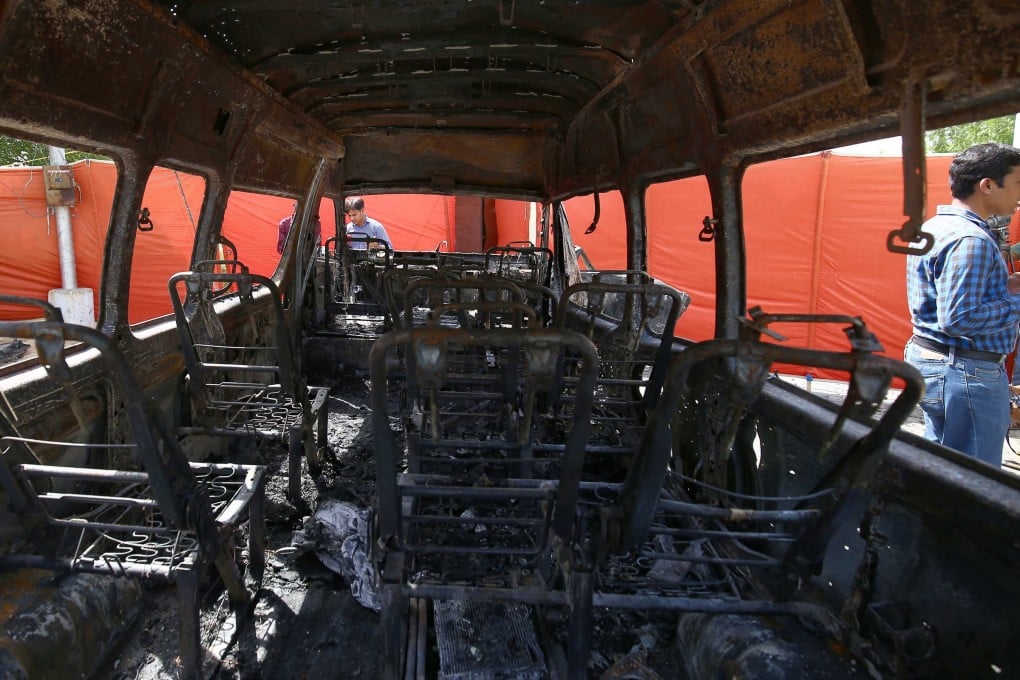Opinion | Female suicide bomber adds to China, Pakistan woes in volatile Balochistan conflict
- The suicide bombing at a Confucius Institute in Karachi carried out by a woman puts a new twist on a series of attacks on Chinese interests
- Educated, middle-class young people taking up the fight in major cities shows Pakistan must see the issue through more than a security lens

This is the first attack against Chinese interests in Pakistan this year. The participation of a Baloch female suicide bomber adds a new twist to an already complex and volatile conflict. While claiming responsibility for the attack, the BLA called the Confucius Institute the symbol of Chinese economic, cultural and political expansion in Pakistan and warned of harsher attacks in the future.
The recent spate of Baloch separatist attacks in Pakistan, including against China, shows that the insurgency has come of age. It has evolved from a hit-and-run guerilla struggle to a sophisticated urban insurgent movement capable of high-profile attacks.
The centre of gravity in this new phase has moved from the tribal leadership to the educated, urban middle class. The suicide bomber in the April 26 attack, Shari Baloch, had Masters degrees in zoology and education and taught at a government-run secondary school in Balochistan.
